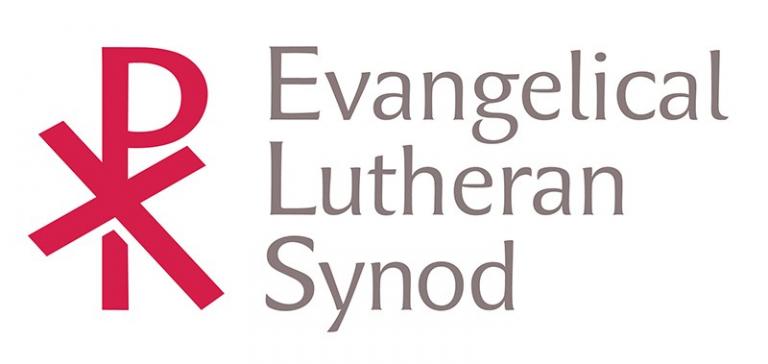My fellow Patheos blogger Chris Gehrz, who belongs to the Evangelical Covenant Church (which emerged out of Lutheran pietism), wrote a post entitled Did Evangelicals ‘Kidnap” the Word Evangelical? He acknowledges that the term originally was the word for “Lutheran.”
Just as Christians who followed the theology of John Calvin preferred the word “Reformed” to “Calvinist,” Christians who followed the theology of Martin Luther preferred the word “Evangelical.” (Thus, we also have the American version of the Prussian Union of churches, which brought together the two traditions into one ecumenical body: the “Evangelical and Reformed Church.”) For more on this, see my book Spirituality of the Cross: The Way of the First Evangelicals.
The word refers to “Gospel,” that is, the “good news” (Greek: evangel) that Christ has atoned for our sins. This evangel of our justification by Christ is at the heart of every article of Lutheran theology–Baptism, the Lord’s Supper, the Word of God, Christology, the distinction between Law and Gospel, the Two Kingdoms, Vocation, etc., etc. Just as the Reformed see all of theology as pointing to God’s glory, the Evangelicals (that is, Lutherans), see all of theology as pointing to the Gospel.
In the 18th century, according to Ed Stetzer, William Wilberforce adopted the term for low church, social reforming, highly pious Anglicans. And then it took on its own history in the English language.
Chris Gehrz begins by quoting Bishop Herbert Chilstrom saying why the newly-formed merger of more liberal Lutheran churches should be called the “Evangelical Lutheran Church of America.”
“Its meaning,” wrote Herbert Chilstrom of “evangelical” in March 2012, “is almost disarming in its simplicity. It describes one who believes the Good News about Jesus Christ. It centers in his death and resurrection that we will soon observe as the high points of our Christian year. We believe that at its heart the Bible is primarily about this unbelievable, incredible message of hope.”
But the ELCA is not like most of today’s “evangelicals.” Childstrom continues,
Anyone who embraces that fundamental focus on Jesus Christ is welcome to be a member of one of our congregations: old, young, Democrat, Republican, Independent, African American, Caucasian, Hispanic, straight, gay, single, married — yes, anyone. We are different; yet held together in Jesus Christ. What identifies us is not our position on a political issue or our stance on a complex moral question where we have inevitable differences of opinion. No, being “evangelical” is simply to trust completely in Jesus Christ.
Now, for us conservative Lutherans, the ELCA is not nearly evangelical or Lutheran enough. Gehrz’s point is that today’s “evangelicals” do not have a monopoly on the term. Not just the liberal Lutherans but the conservative Wisconsin Evangelical Lutheran Synod (WELS) and the Evangelical Lutheran Synod (ELS), as well as many Missouri Synod congregations in their official names, use the term.
Gehrz suggests that today’s evangelicals change their name to “pietists.”
Well, that is technically a Lutheran term too. Tell you what. We’ll trade you. You can have “pietist,” if we can have “evangelical” back.
Illustration: Logo of the [conservative] Evangelical Lutheran Synod (ELS).














